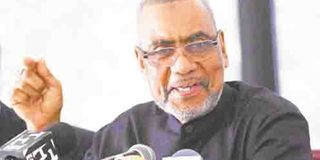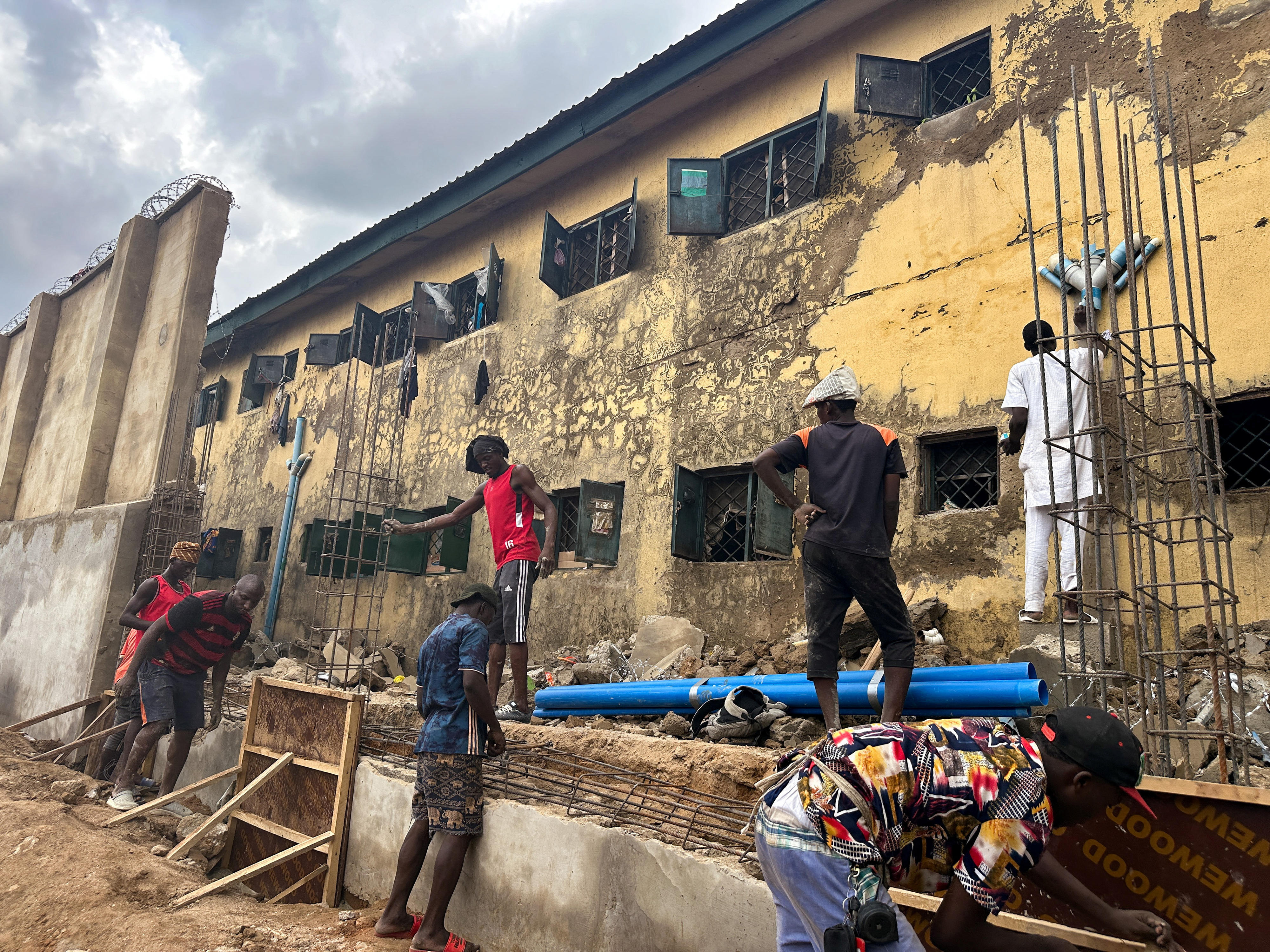CUF faulted over Z’bar issues

CUF Secretary General Seif Shariff Hamad.
What you need to know:
- Political analysts say, instead, the opposition party should use the conflict resolving machinery found in the country and the East African Community (EAC).
- Efficiency of such local mechanism was seen in 2005, when dialogue between CUF and CCM led to changes in the Constitution that paved the way to the formation of the Government of National Unity.
Dar es Salaam. The Civic United Front (CUF) approach to engage the international community in its efforts to try and resolve the political impasse in Zanzibar has been faulted.
Political analysts say, instead, the opposition party should use the conflict resolving machinery found in the country and the East African Community (EAC).
Efficiency of such local mechanism was seen in 2005, when dialogue between CUF and CCM led to changes in the Constitution that paved the way to the formation of the Government of National Unity.
They said CUF current approach was archaic in today’s political arena where the world is busy implementing economic diplomacy.
A political science and public administration lecturer at the Open University of Tanzania, Dr Emmanuel Mallya, said CUF shouldn’t expect the international community to exert pressure on the government after the visit.
He said party secretary general Seif Shariff Hamad would be lucky if he gets stakeholders to initiate talks between the two rival parties in Zanzibar .
“Countries in Europe and America are strategic. They won’t be ready to worsen their political relations with promising countries like Tanzania because they will lose in terms of natural resources to the Chinese, their economic rivals,” he argued. “Were it to be 20 years ago, they would have handed Tanzania with massive sanctions, but today things have changed.”
Dr Mallya’s argument was supported by an assistant lecturer at the Centre for Foreign Relations Mr Godwin Gonde Aman, who suggested that the international community would have intervened in Zanzibar had the Isles plunged into chaos.
“They ended their job the day they issued reports on the annulled 2015 General Election or after the March rerun election. CUF shouldn’t expect anything from them, they should now find local peaceful conflict resolving measures,” he suggested.
He said CUF committed a technical mistake by boycotting the rerun polls held in March.
Mr Aman’s observation concurred with that of Dr Benson Bana of the University of Dar es Salaam who said CUF decision denied them opportunities to fight within the system.
“CUF is committing yet another mistake, to involve people incapable of changing the situation. Their capabilities are only restricted to advisory, nothing more,” he said, suggesting that CUF had better involve the EAC.
His analysis was supported by his UDSM counterpart, Dr Bashiru Ally, who said Tanzania should learn to peacefully settle its disputes using locally available mechanisms.
He suggested Union President John Magufuli and Zanzibar Ali Mohamed Shein should first accept that the situation in the Zanzibar archipelago was not amicable and needed urgent intervention.
“This is what former President Jakaya Kikwete did when addressing the National Assembly in 2005, he admitted that the political situation in Zanzibar was tense. Then, he set a platform for talks that resulted to changes in Constitution.”



